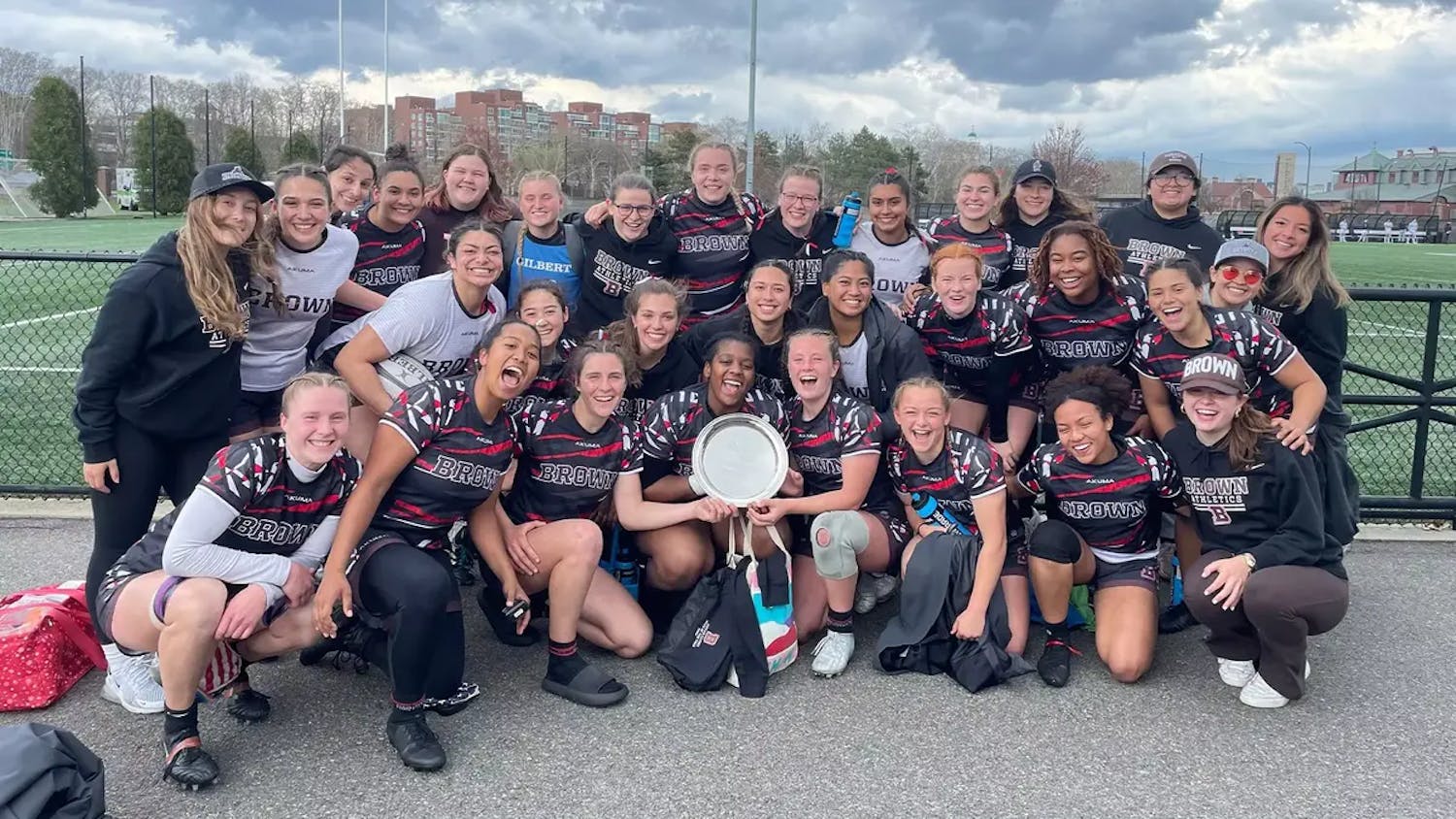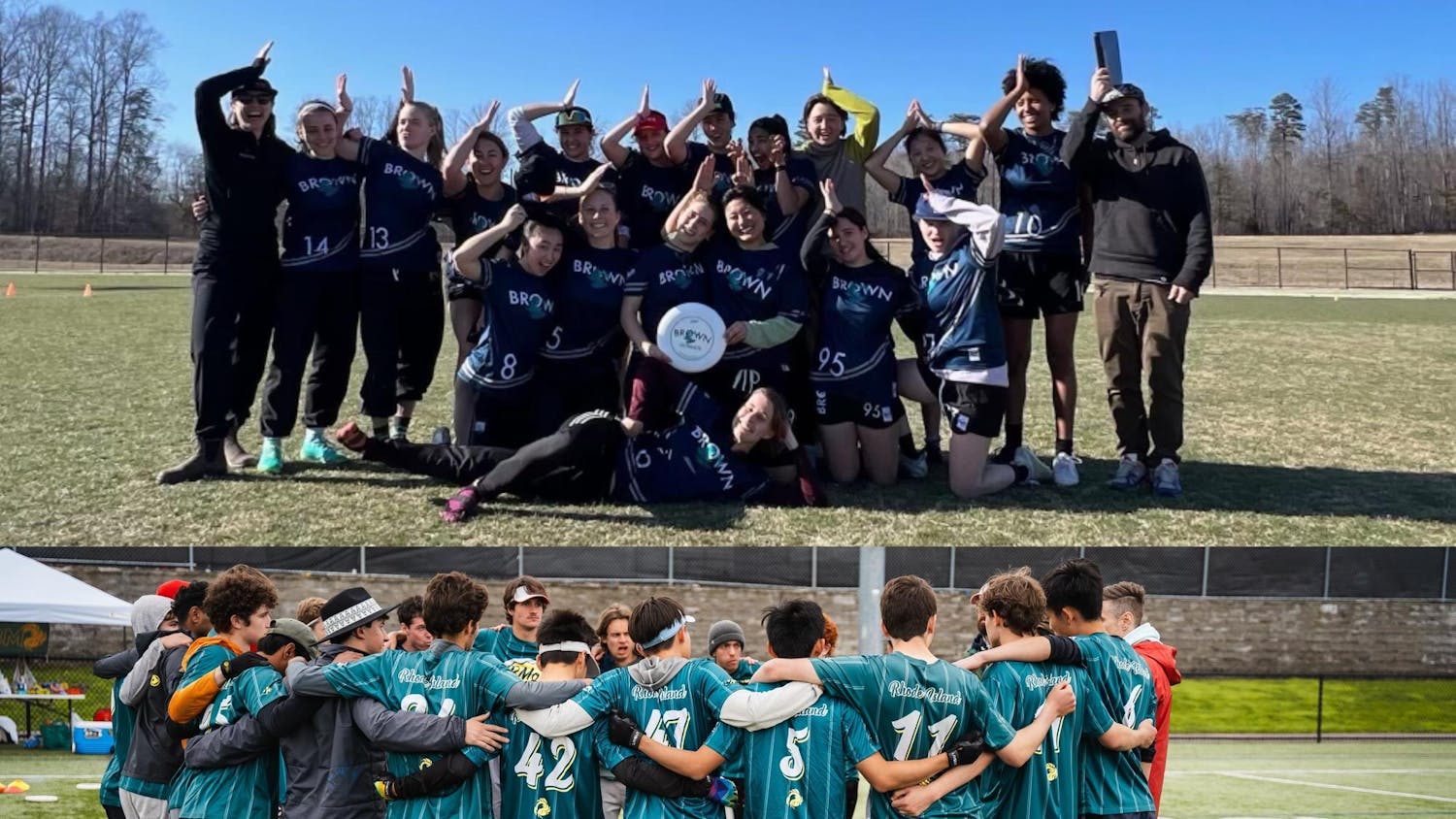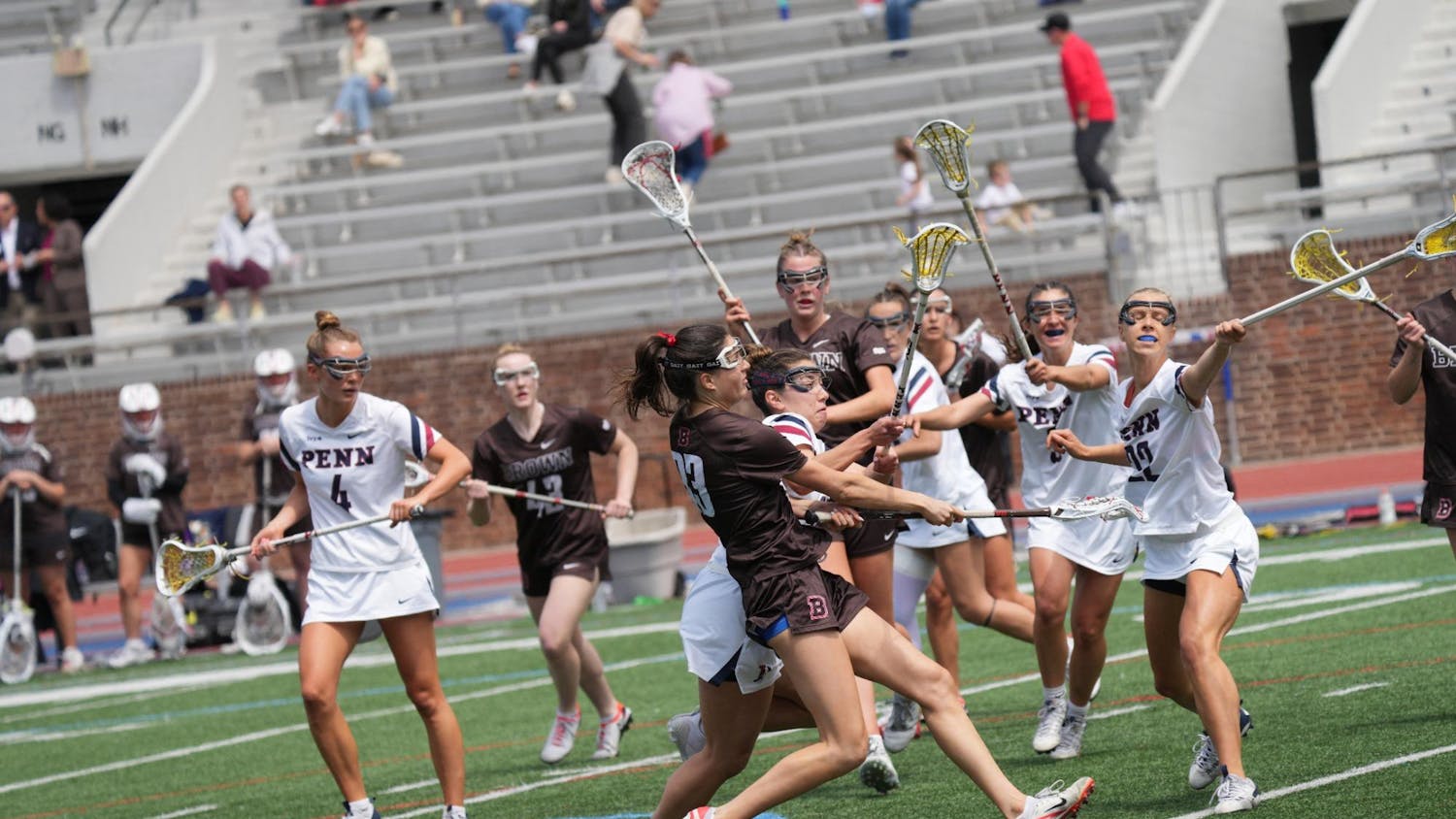A Google search of Chazz Woodson '05 yields videos of the lacrosse star and Brown alum flying through the air, scoring goals featured in game highlight reels. Woodson, a two-time team MVP at Brown, is considered to be one of the most electrifying players in professional lacrosse. But his greatest contributions to the sport may come off the field.
Woodson is currently involved in a number of initiatives aimed at bringing lacrosse to parts of the country that may not otherwise be exposed to the game. Whether by travelling around the United States to speak and teach, running his own youth program in Miami or reaching out to fellow black players to form the National Black Lacrosse Foundation, Woodson has emerged as a leader in the movement to diversify lacrosse geographically, racially and socioeconomically.
"I want to see lacrosse at a point where anybody that is interested in playing will not find a reason not to play," Woodson said. "I don't want anybody to look at it and say, ‘Oh, that's just a bunch of white kids playing, how am I going to play?' or ‘I want to play, but I can't afford all this equipment.'"
After seven seasons in Major League Lacrosse, Woodson is now a part of the LXM Pro Tour, a group consisting of some of lacrosse's biggest names that travels to parts of the country that lack professional teams. The tour not only plays full games, but also involves local communities by hosting a concert and clinics for youth.
When not with the tour, Woodson is busy involving himself with the community in Miami, where lacrosse has not been prominent. Woodson runs his own lacrosse camp, designed as a teaching clinic to bring lacrosse to the younger segment of the population. Woodson also started Dade Lacrosse Inc. in 2009, an organization that brings together coaches in the Miami area in an effort to focus on youth, notably in urban areas. "We've made a conscious effort to get into the inner city," Woodson said. "I think that's where our efforts are really going to pay off."
Dade has partnered with other non-profits in the area, including a Freedom Schools literacy and leadership program in a neighborhood of Miami with a 75 percent black population and a median household income just over $13,000, Woodson said. Dade has recently been looking into implementing a permanent program in the neighborhood with the goal of putting together a team.
Woodson stressed that access is the biggest obstacle facing lacrosse's growth.
"It doesn't take much to get these kids excited about playing," Woodson said. "Most of them have just never seen the game."
But once youth become aware of the game, there can still be roadblocks. Often, both in public and club programs, the total costs of equipment, fees and travel can make the game inaccessible to many, according to Woodson. Equipment alone can cost hundreds of dollars.
He said stereotypes surrounding the sport can also be a challenge. Less than 10 percent of collegiate lacrosse players, both men and women, are black, according to the 2009-2010 NCAA Student-Athlete Race/Ethnicity Report. "The sport is predominantly played right now by private school, often well-to-do, white kids," Woodson said. "But there are a number of notable black players that kids can look up to."
Former NCAA Player of the Year and Johns Hopkins alum Kyle Harrison, along with University of Virginia graduates John Christmas and Shamel and Rhamel Bratton, have emerged as high-profile black stars. Woodson has been working with Harrison to found the National Black Lacrosse Foundation to connect the black lacrosse community across the country.
Woodson said he believes that while the game doesn't offer the prospect for fame and fortune that basketball or football might, it fosters a unique and inclusive community that can lead to a different type of success. Since many top NCAA programs are at some of the best academic schools in the country, the sport can open up all sorts of opportunities, he said.
But this is a difficult idea to try to communicate to young people who are accustomed to seeing their NBA or NFL idols on commercials and billboards.
"(Lacrosse) isn't your ticket to making millions from signing a contract," Woodson said. "Lacrosse isn't the same thing. Lacrosse can be a ticket to college and a ticket to making money, but the avenues are different."
It is this aspect of the sport that pushes him in his work to spread the game, and he views lacrosse's growth as more than simply an influx of players from different backgrounds and communities. He pointed to one instance recently that demonstrated the power of lacrosse.
"I had a kid tell me the other day, ‘I want to go to Harvard or Yale,' and this is a 10-year-old," Woodson said. "You can tell from talking to this kid that an education is unbelievably important to him, and he sees that lacrosse might help him out."




